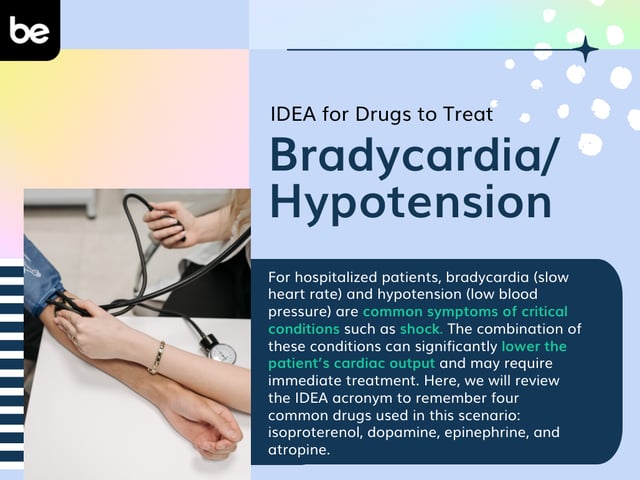
Low Nursing School Admissions During a Nurse Shortage?
With the monumental healthcare challenges our nation faces, from its aging population to the lack of trained clinicians, it can be shocking to learn that, despite facing a huge nursing shortage, many willing and capable applicants are being turned away from nursing schools. In fact, over 68,000 qualified applicants were turned away from bachelor’s and graduate nursing degree programs in 2014. This is in stark contrast to the Bureau of Labor Statistics projection that there will be a need for almost 440,000 new nursing positions by 2024 to keep up with the occupation’s demand.
Why is This Happening?
Unfortunately, this situation is not due to a shortage in the need for nurses or caused by challenges in recruiting willing participants. It is almost strictly due to the fact that most nursing schools lack the capacity—both physically and in terms of instructors—to handle the demand for nursing education.
The biggest obstacle in training nurses is the lack of instructors, which is also related to limitations in education. Nursing master’s and doctoral programs are simply not producing enough potential nursing educators to meet the demand that is necessary to train the number of nurses that are needed. There are several key contributors to this, including the fact that private-sector facilities often lure highly educated nurses away from teaching positions by offering much higher salaries. Also, the average age of existing nursing faculty is climbing, leading to a high retirement rate.
What Can Be Done?
To meet the demand for nursing education, competitive wages for nurse-educators will be necessary, and accredited facilities will need to approach the problem with innovative solutions. Mott Community College in Flint, Michigan is one example of a college that is seeking alternative ways to meet demand. By partnering with the University of Michigan, they have created an accelerated 16-month undergraduate program for individuals with clinical experience. It is likely that we will see the implementation of many similar solutions in the coming years, given the urgent demand for nurses.
Keep Reading

National Council Licensure Examination-Registered Nurse Blog
What to Expect in Nursing School Clinicals
The clinical experience is a rite of passage for all nursing students, …

National Council Licensure Examination-Registered Nurse Blog
What is the NCLEX Next Generation (NGN) Exam?
If you’re interested in becoming a registered nurse, you likely know th…

National Council Licensure Examination-Registered Nurse Blog
IDEA for Drugs to Treat Bradycardia/Hypotension
For hospitalized patients, bradycardia (slow heart rate) and hypotensio…